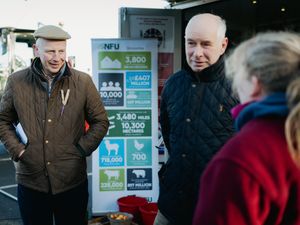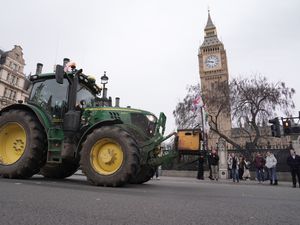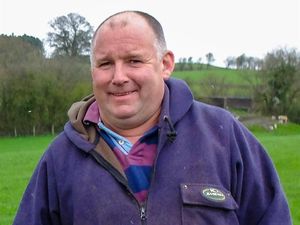NVZ – Not keeping records can cost us dearly
For many of us record keeping is the last thing on our mind, but when your land falls within the NVZ zones, not keeping records can cost you dearly, writes Chris Powell.
May this year saw the introduction of new legislation surrounding Nitrate Vulnerable Zones.
This has set out new NVZ boundaries and rules on farming in these zones for the next four years.
Most of these new rules need to be complied with from January 1, 2014, and the keeping of clear detailed records will make this even easier.
Many people will already keep the majority of records needed but just not in one place. This is when things can get missed and, as we are seeing, more and more inspections, fines or deductions to subsidies can be a threat. So what records need to be kept and how long for?
Here at Madeleys we recommend that the records are kept in an easily identifiable NVZ pack.
This should include:
All farm details with individual field names, cropping areas and no-spread zones.
A set of farm maps, clearly identifying each field and its risk level with any no-spread zones around water courses and Environmental Schemes.
A manure management plan that should include details of farm livestock numbers and loading limits, fertiliser applications planned and actual and Nmax limit calculations.
Storage limits all slurry and dirty water storage needs to be recorded.
A history of all records should be kept for five years.
There is some good news as Defra seems to be trying to reduce some of the red tape by introducing the "low intensity" farm exemption where records can be less detailed. If you meet this criteria you will need to have a record of the calculations showing that you qualify as a "low intensity" farmer.
Product
Not only will these NVZ records please the red tape brigade, they can also end up saving the farm money in the long run, as simple planning and recording of fertiliser applications can mean no excess applications and no excess product buying which will save money and help cash flow.
* Chris Powell BSc (Hons) is Assistant Rural Surveyor at Madeleys Chartered Surveyors





